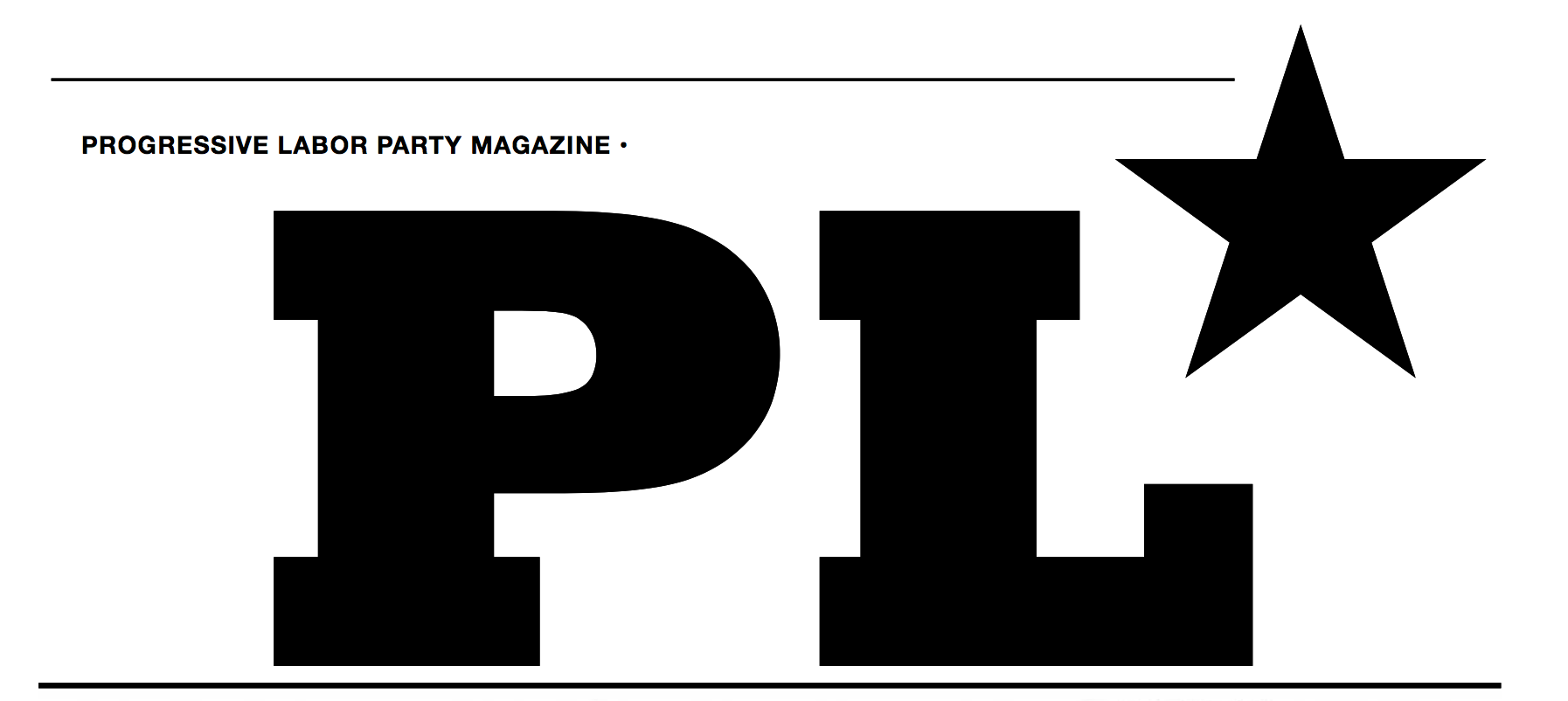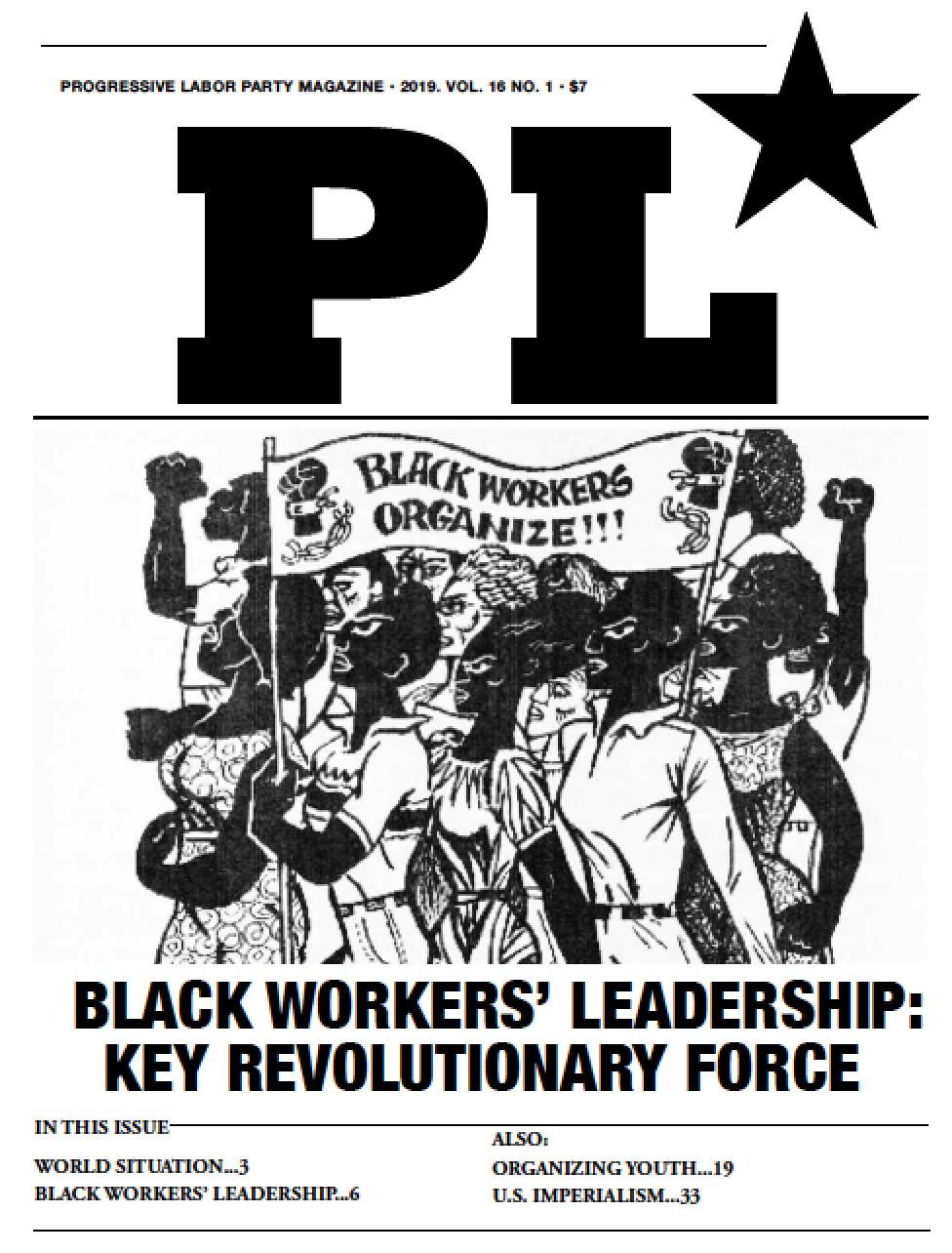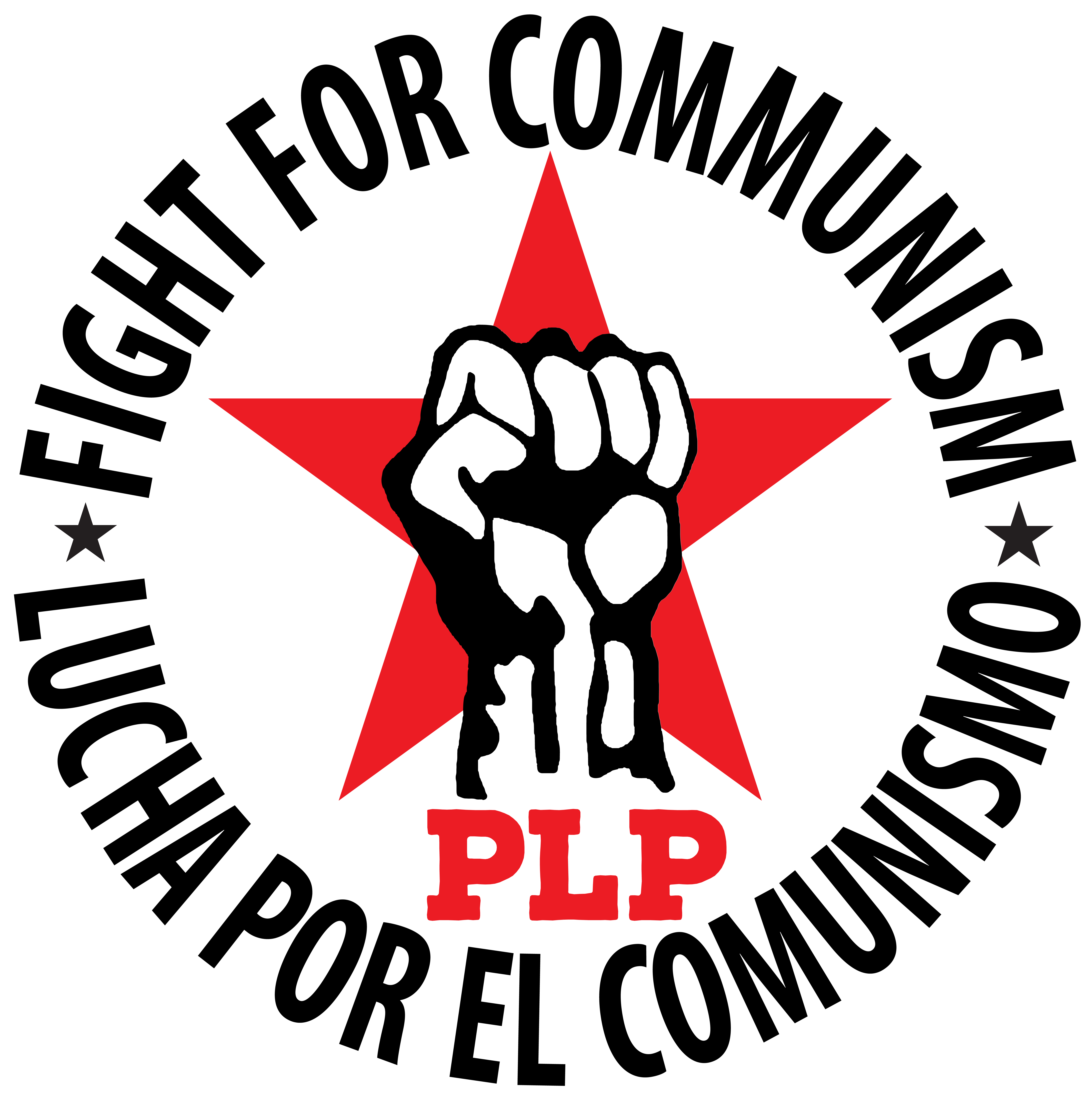A Life of Struggle Leads to PLP
 Thursday, January 7, 2010 at 2:03PM
Thursday, January 7, 2010 at 2:03PM EL SALVADOR — This is the conclusion to the story that appeared in the January 6 CHALLENGE. It tells of a comrade, an ex-commander in the FMLN guerilla army, who met the PLP through an old ex-fellow combatant with whom he shared many wartime experiences. His old friend related PLP’s communist ideas to him, after which he began reading CHALLENGE and attended several PLP club meetings, along with his wife (another ex-combatant). His subordinates in the war in El Salvador approved of his participation in PLP and asked him to write his history for CHALLENGE. Part I related his poverty-stricken childhood, the influence of the church, his joining the Revolutionary People’s Army and his joining the struggle in Nicaragua to gain experience for the eventual liberation of El Salvador. Part I ended when he arrived in Nicaragua’s northern zone of Estelí.
Part II:
In Estelí, German Pomares, known as Danto, was in charge of 80 people, including an administrative structure, a medical team of three to five, a team to maintain weapons, ammunition and explosives and a communications team with a radio to coordinate their political and military plans with the responsible general at the front.
The rest were organized in squads, platoons and columns, prepared for combat. The three of us from El Salvador were integrated into a squad of ten men. After our first battle, we were put second in command of the squad.
In that first battle, one of the three comrades was killed. Three days later, in the final offensive, my other comrade was killed. The squad leader told me, “In these difficult times of our struggle, we can’t retreat. You know that several of our Nicaraguan comrades died and today the other comrade from El Salvador died. Only you are left. You must be very strong and continue to advance because the struggle is ours and we’re going to El Salvador.”
With tears in my eyes, I told him, “I have no alternative but to continue forward, and we have to win.” Three days later we defeated the enemy. A few months afterwards, our ERP organization sent me to bring back the three comrades still in Managua. We returned to El Salvador in 1980.
From 1978, when I had left El Salvador, I had had no communication with my family or with our organization. When I returned, I discovered that my family and all the villagers had been killed, including the old people and the children. The people were ready to confront the enemy but had only a few old pistols and explosives that some friends had prepared.
Returning to El Salvador, I had had two experiences in the military — one in the barracks as a soldier and one in the Sandinista insurrection. In addition, I had the political understanding of how governments maintain their political and military power. All of this helped me; I shared it with the comrades for our struggle here in El Salvador.
Upon my return I was made second in the military and political command, in a zone called el Cacahuatique, the historic zone of war. By 1981 we were armed, having taken weapons from the enemy. The next year we attacked the barracks of the 3rd Infantry Brigade in the department of San Miguel and in other departments of El Salvador. I was seriously injured here by fragments from a grenade of an M79 launched by the enemy.
Our organization decided to take me for medical treatment, first to Nicaragua and then to Cuba. I lost my voice for two years but then I began to talk a little. In 1983 I returned to El Salvador and rejoined our army as second in command of our military force in Morazán. Our forces controlled the territory from 1983 until 1992 when the peace accords were signed. We were told to turn in all our weapons and then go to work in order to survive.
I wasn’t convinced our new life would be very good because, in the countryside, we didn’t do too well, economically or politically, but we still had to do it. They gave us a few things, a small plot of land, a house, a loan of 15,000 colones (US$1,700) to begin work, a bed, a blanket, a stove, a container of gas, a table, a machete, a hoe, and an irrigation pump. With this, and with the war ended, in 1992 we went to the land we were given to start work.
In 1997, I decided to go to the United States because our lives here had no political or economic future. In the U.S. I encountered problems for immigrants. To work, one had to have a work permit and to be able to speak English. Without that, there’s no possibility of finding a good job.
But while in the U.S., I began to understand the repressive government social policy. With the little I had earned in five years, I re-paid my debts of 50,000 colones (US$5,700).
I returned to El Salvador and witnessed the general political situation, of the right-wing and of the fake left inside the FMLN. They had little possibility of winning the 2004 elections. I realized this wasn’t the moment to come to power because our people weren’t willing to vote. I don’t have much to say about electoral politics. I left the FMLN because I don’t agree with their reactionary ideology. It is the same capitalism.
About my life: I didn’t know how to read or write because I couldn’t go to school. I learned a little in the army and a little more during the war, at least to write my name. But I learned to know myself, to respect others and how to survive with our people, our men and women comrades. I learned to understand our society in general.
After the peace accords I learned that those who were responsible for our organization, those in the ERP, had no regard for my contribution to our struggle in El Salvador and in Nicaragua. But I’m not sorry for my actions. I carried them out clearly, conscious of what I did. I ended up with physical problems, also not valued by the organization, but I valued what I did.
Note: I hope what I’ve written is useful and helps my two children. Today my life has many problems, physically and because of my age. These are obstacles, but we always look to survive on the revolutionary road. The FMLN has no hope. I’ve found among the PLP comrades a new spark of life to make the fight for the international working class. Many of the ex-fighters who were under my command are today members of the PLP and I’m headed in this direction. Greetings, Comrades of the World!





 Progressive Labor Party (PLP) fights to destroy capitalism and the dictatorship of the capitalist class. We organize workers, soldiers and youth into a revolutionary movement for communism.
Progressive Labor Party (PLP) fights to destroy capitalism and the dictatorship of the capitalist class. We organize workers, soldiers and youth into a revolutionary movement for communism.




Reader Comments